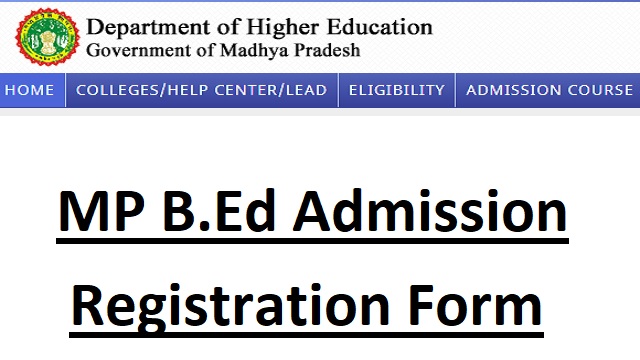Admission Open – 2026 | B.ed , M.ed , D.ed / JBT | MDU | KUK | CRSU | Dcrust University | Gurugram University | Haryana | Gwalior ( M .P.) | Course Fees, Admission 2026 , Syllabus, Top Colleges, Career Scope and Notifications |
A Bachelor of Education (B.Ed.) is a professional undergraduate degree program designed to prepare individuals for a career as a school teacher at various levels, from elementary to secondary and senior secondary. The curriculum focuses on core pedagogical subjects like educational psychology, curriculum development, and classroom management, alongside practical training through school internships. A B.Ed. degree is often a mandatory qualification for teaching in schools and equips aspiring teachers with the essential knowledge and skills to educate effectively.
Key Aspects of a B.Ed. Program
Purpose: To train and equip individuals with the necessary skills and knowledge to teach effectively in educational institutions.
Curriculum:
Pedagogical Subjects: Covers areas like educational psychology, curriculum development, classroom management, and teaching methodologies.
Subject-Specific Skills: Provides opportunities to specialize in particular subjects, such as mathematics or science.
Technology Integration: Emphasizes flexible and distinct pedagogies that leverage technology and foster lifelong learning.
Practical Training: A crucial component is the teaching practicum or internship, where students gain hands-on experience by teaching in schools under supervision.
Duration: The B.Ed. program is typically a two-year course, divided into four semesters.
Eligibility: Generally, an undergraduate degree (like a Bachelor of Arts, Science, or Commerce) with a minimum percentage of marks is required for admission.
Career Prospects: After completing the degree, graduates become qualified to apply for teaching positions in schools at the elementary, middle, and high school levels.
Why Pursue a B.Ed.?
Professional Development: It’s a professional qualification that signifies a commitment to the teaching profession.
Skill Acquisition: Provides crucial skills in classroom management, student engagement, and effective communication.
Career Opportunities: Opens doors to a rewarding career in education, with opportunities to work in both public and private school settings.







